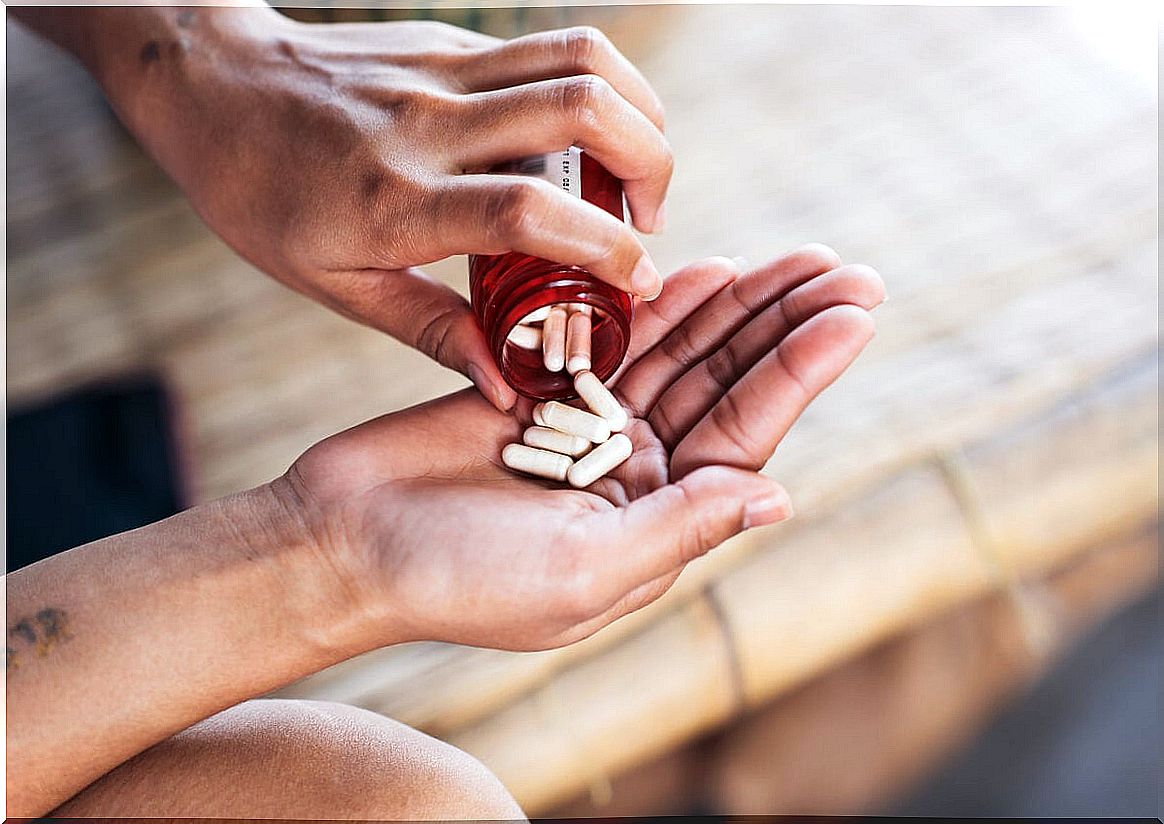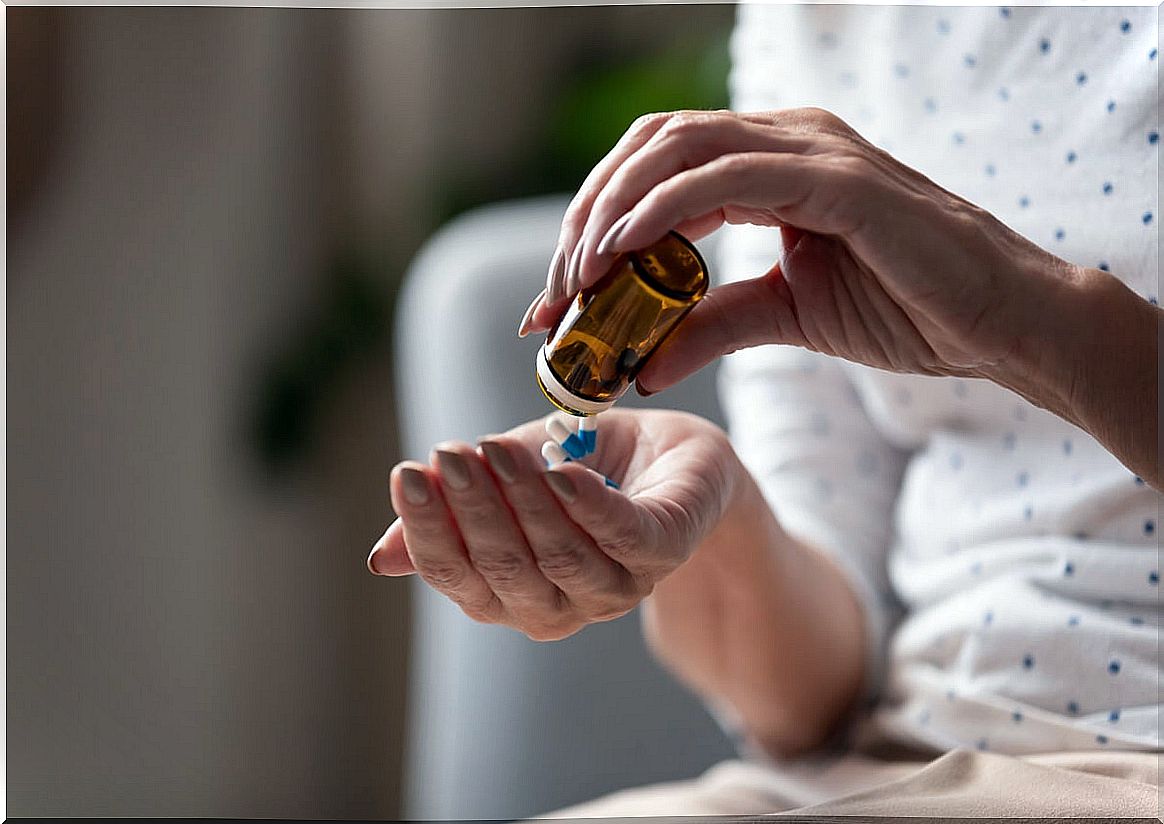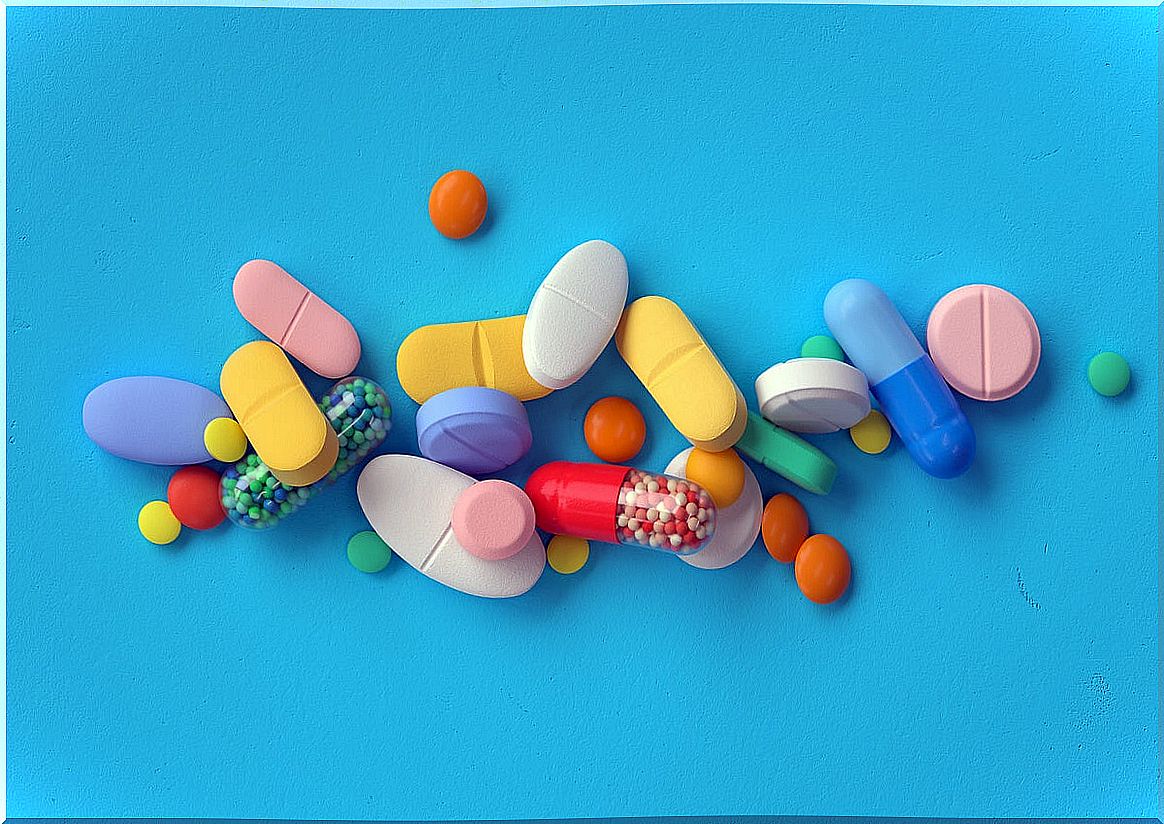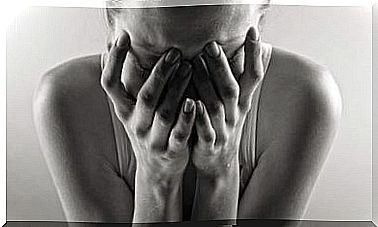Antibiotics: The Irresponsible Use Of Antibiotics And Its Consequences

Self-medication with antibiotics is a very widespread practice. It is, along with non-compliance with the treatments, one of our pending issues. This shows the importance of offering a good “drug-education” to society, since the possible consequences can be very negative. Do you think you know these negative consequences? How can we prevent the irresponsible use of antibiotics? Let’s get out of doubt.
Antibiotics are drugs that fight bacterial infections. And here we find the first point to teach: antibiotics do not work to treat infections caused by viruses.
The discovery of antibiotics has been considered one of the most important discoveries in the history of medicine. The first antibiotic was used in the 20th century and since then they have made it possible to treat numerous infectious diseases and improve people’s quality of life.
However, the irresponsible use of them is causing the end of the “antibiotic miracle”. How can we solve it? First of all, we must know the consequences of the misuse of these drugs.

Self-Medication with Antibiotics – Not Candy!
According to the World Health Organization, self-medication is a component of self-care (the proper treatment of the signs and symptoms of illness). To be specific, self-medication consists of the use of medications (in this case antibiotics) on its own initiative and without medical intervention, neither in the diagnosis, nor in the prescription, nor in the follow-up of the treatment.
According to surveys, more than half of the Spanish population self-medicate. People between the ages of 30 and 39 were the ones who self-medicated the most, followed by people between the ages of 40 and 49. In addition, self-medication has been found to be slightly higher in men.
Unfortunately, this is a fairly widespread practice. Although antibiotics can only be purchased with a prescription (to control their use), there are people who can get them without a prescription, either by accumulating remnants of other treatments at home, because an unqualified person gives them or by any another reason. This favors uncontrolled use.
Antibiotics are the solution to many infections and are very beneficial, as long as they have been prescribed by a doctor and the same prescription is fulfilled, that is, as long as the treatment is continued until its completion. Failure to do so, either by taking them without medical recommendation, or by taking them improperly, the consequences can be very negative.
The consequences of “playing” with antibiotics
One of the most important consequences, related to the WHO warning, is that taking antibiotics when they are not recommended results in resistance to them. Bacteria develop mechanisms to survive the attack of antibiotics, rendering the treatment ineffective and, in the meantime, the bacteria will continue to grow and multiply.
In addition, there are other variables that can turn the use of antibiotics into risky behavior: personal conditions, such as allergies to certain antibiotics, medical conditions or food intolerances can be made worse by the use of antibiotics without a prescription.
These questions will sound to you: “ Do you take any medication? “,” Any major illness or operation? “,” Are you allergic to any medication? “. They are very necessary questions. Knowing these data, the doctor can choose which antibiotic to prescribe so as not to worsen your condition. But you, without being a doctor, are not going to take these factors into account and you can put your life at risk.
Other possible consequences are the following:
- Intoxication, tolerance and dependence.
- Masking of severe symptoms of another disease. Delay in diagnosis and treatment.
- Interactions with other drugs or foods.
Promoting responsible use is paramount
You should never take an antibiotic that has not been prescribed by a doctor. Not even if the symptoms are the same as the time you had otitis and amoxicillin was prescribed, for example. We are going to review the main recommendations to avoid inappropriate use of antibiotics:
- Don’t try to buy an antibiotic without a prescription.
- If the doctor has prescribed an antibiotic, strictly comply with the prescription (duration of treatment, hourly guidelines …) and do not leave the treatment halfway, even if the symptoms have improved.
- After completing an antibiotic treatment prescribed by your doctor, do not store the leftover at home. Ask your pharmacist how you can dispose of them and recycle them, or find a sigre point.
- If the symptoms have not improved by the end of the treatment, do not extend the treatment on your own. Consult with your doctor, you may need another type of treatment.

Being responsible is in our hands
Knowing the risks and what our irresponsibility can lead to in the long run, I think it’s time to start taking this seriously. Let’s review our medicine cabinets and keep the essentials: let’s get rid of all those antibiotics that we have stored and thus reduce the risk of self-medication.
Let’s go to the doctor and follow his instructions. In case of having to take antibiotics, let’s do the treatment correctly, since its effectiveness also depends on it.
Together we can ensure that the “antibiotic miracle” remains what it has been. Let us act responsibly. For our health and for ours.








